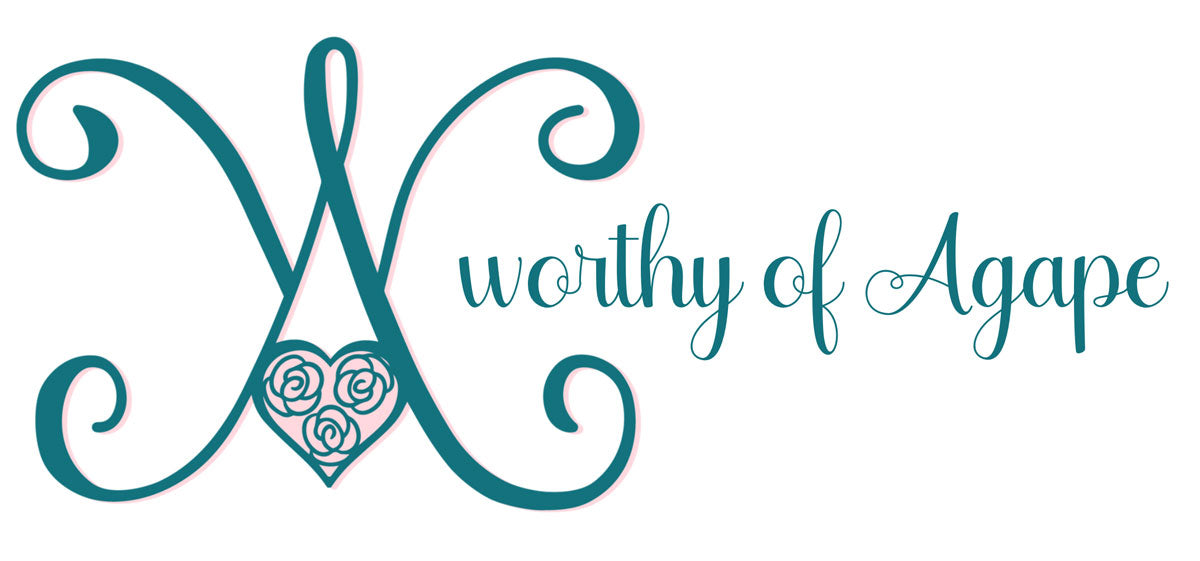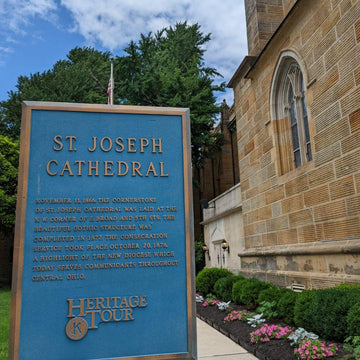 Joining Blessed is She for another #BISsisterhood topic of the week: reconciliation. Not going to lie, sometimes it is hard to just have one word as the prompt. There are so many ways/angles to look at reconciliation from that it is hard to pick just one!
Joining Blessed is She for another #BISsisterhood topic of the week: reconciliation. Not going to lie, sometimes it is hard to just have one word as the prompt. There are so many ways/angles to look at reconciliation from that it is hard to pick just one!
""For where two or three are gathered in my name, there I am in the midst of them." Then Peter approaching asked, "Lord, if my brother sins against me, how often must I forgive him? As many as seven times?" Jesus answered, "I say to you, not seven times but seventy-seven times."" - Matthew 18:20-22
The truth is that we are all created in God's image and likeness. Therefore, when we gather - even non-believers - aren't we all gathered in His name? Is He not always in the midst of us? If, then, He is always in the midst of us, should we not also be reconciled to our brother because we are in the presence of God?
Surely Peter's question goes beyond a mere biological brother. "Brother" in this sense includes all of mankind. Peter's question could, perhaps, be reworded: Lord, if any human being sins against me, how often must I forgive him? Peter's answer to his own question seems ridiculous, even to him. The number seven in Jewish culture implies infinite forgiveness as seven is the perfect, holy number. The number seven reminds us of creation and of God. How, then, could we be expected to forgive more than an infinite amount of times? Jesus asks us to forgive anyway, even if it is more than seven times. After all, His forgiveness of us numbers far higher than seven times, so why should we not forgive as He does, without counting the number of times forgiveness has been given?
I shudder to think how sorry my soul would be if only the first seven confessions in our lives counted, or if only the first seven sins we ever committed were forgiven. Where would that leave me? Far from God, that's for sure. Still, He keeps forgiving and asks us to do the same. But what does this forgiveness have to do with reconciliation? A lot.
Forgiveness and reconciliation go hand in hand. We are reconciled with God when we seek, and obtain, His forgiveness. We are reconciled with our brothers - whoever they may be - when we seek their forgiveness. One of the priests I work with talks about going to Heaven, but in order to do so, we must be reconciled with our brothers. If we aren't reconciled, if we don't forgive each other, then one or both of us won't be in Heaven, simple as that.
What I didn't realize for a long time is that there is a difference between forgiving someone and being best friends with them. There are people who aren't good for us or who do us harm. It is just as important to forgive these types of people. Holding on to resentment and anger is like drinking poison and expecting the other person to die because of it. While we are called to forgive, that doesn't mean we need to let these people into the depths of our lives. We may not reach perfect reconciliation on this side of heaven because we aren't perfect while we are here, but we are still called to forgive. We forgive as often as the grievance comes up; forgiveness isn't necessarily a one time deal, but rather a daily, hourly, minute-by-minute choice.
It is only by reconciling ourselves with God, by flooding our lives with His mercy and forgiveness, that we have a perfect example and goal of what forgiveness and reconciliation should look like in the long run. The goal is a lofty one at times, but one we can achieve by grace and by drawing upon His love in our own lives.



